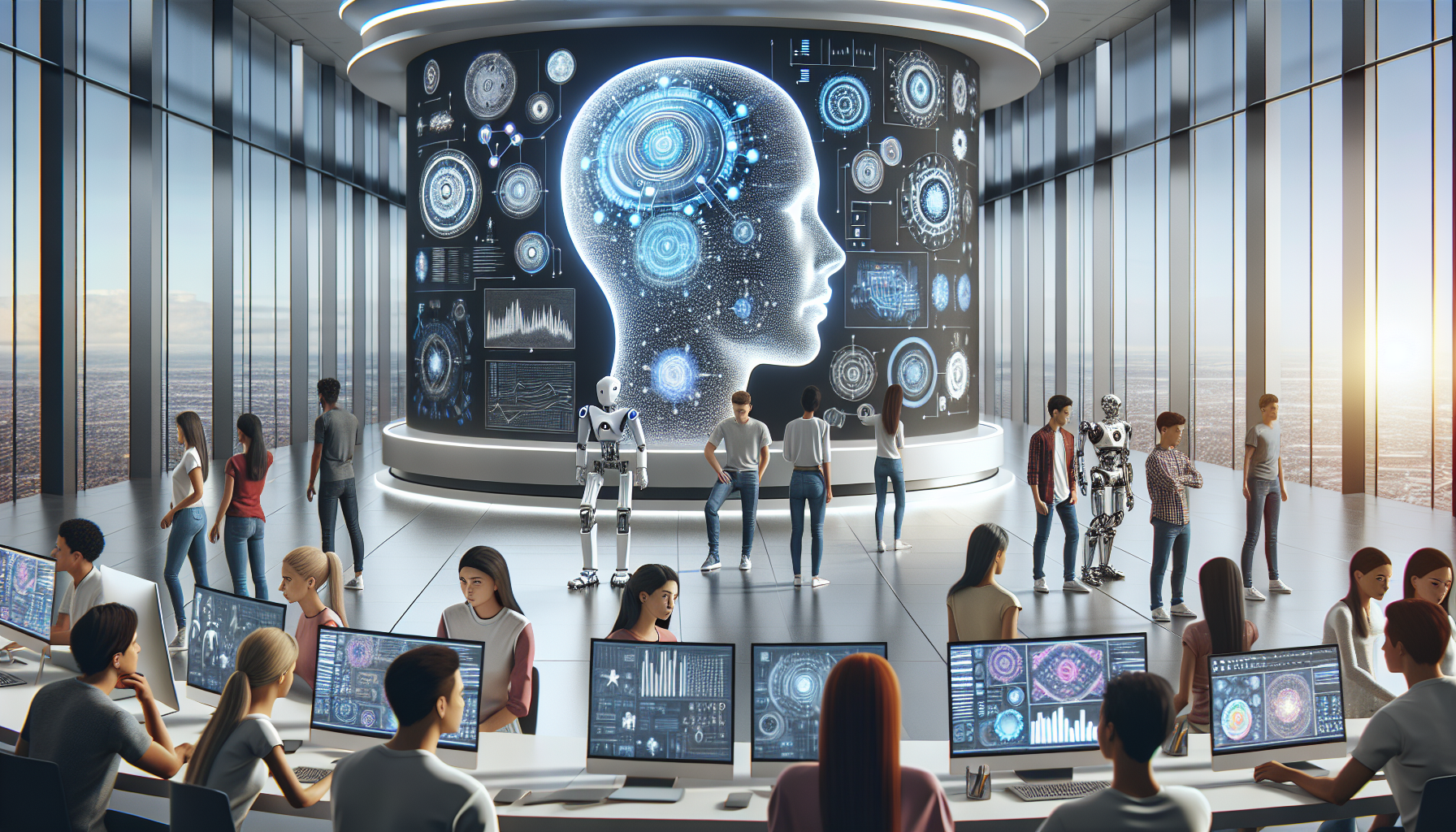
How AI is Transforming Healthcare: A How-to Guide for the Curious
May 21, 2025
Imagine a world where a doctor's intuition is seamlessly paired with a computer's precision, where complex diagnoses are made quicker and more accurately than ever. This isn't the premise of a science fiction novel—it's the reality of artificial intelligence (AI) in healthcare. If you've ever wondered how this fascinating technology is changing the medical landscape, you’re in the right place. Let’s dive into how AI is transforming healthcare and what you, as a curious individual, can do to explore this cutting-edge evolution.
First, let's talk about diagnosis. For many of us, the process of getting an accurate diagnosis can feel like an intricate dance between symptoms and guesses. But with AI, this process becomes more streamlined and accurate. AI systems can analyze vast amounts of data from medical records, research papers, and clinical studies to help doctors make more informed decisions. These systems aren't just spitting out data; they're learning. Imagine an AI that reviews thousands of radiological images to spot minute anomalies that even the most trained eyes might miss. This is the power of machine learning in diagnostics, and it's making waves.
So, how does one get involved in this AI-driven healthcare revolution? Well, there are a few ways, whether you're a healthcare professional, a tech enthusiast, or simply a curious mind. For starters, understanding AI and its applications is crucial. You don't have to become a data scientist overnight, but familiarizing yourself with basic concepts like machine learning, neural networks, and natural language processing can be immensely beneficial. There are countless online resources, courses, and webinars designed to make these concepts accessible to everyone.
If you’re a healthcare provider, integrating AI into your practice doesn’t mean you need to overhaul your entire system. Start small by identifying areas where AI can make the most impact. For instance, consider AI-powered tools that assist with scheduling and patient follow-ups. These systems can help manage time-consuming administrative tasks, allowing healthcare professionals to focus more on patient care. Furthermore, AI can enhance patient engagement by providing personalized health recommendations based on individual data.
For tech enthusiasts, getting hands-on with AI tools and platforms is a fantastic way to see their potential firsthand. Platforms like TensorFlow or PyTorch offer environments where you can build and test your AI models. Many of these tools come with pre-trained models, which you can tweak to suit different healthcare applications. Whether it's predicting patient outcomes or developing new algorithms for drug discovery, the opportunities are vast.
Now, let’s explore a lesser-known yet fascinating aspect of AI in healthcare: predictive analytics. This branch of AI doesn’t just analyze current data; it predicts future outcomes. For example, predictive models can foresee disease outbreaks by analyzing patterns in data from various sources, including social media, travel records, and climate data. This kind of insight is invaluable for public health officials to preemptively tackle potential crises. Imagine being able to deploy resources to a region at risk before an outbreak even starts. This is proactive healthcare at its finest.
As you delve deeper into the world of AI in healthcare, consider the ethical dimensions as well. AI systems are only as good as the data fed into them. Ensuring that this data is unbiased and representative is crucial to avoid perpetuating existing inequalities in healthcare. Engage in discussions about data privacy and the ethical use of AI, as these are pivotal in shaping the future landscape of healthcare technology.
Finally, a thought to ponder: as AI continues to evolve, how do we balance the incredible capabilities of machines with the indispensable human touch in healthcare? It's a question that beckons further exploration. The potential of AI is vast, but so is the responsibility to wield it wisely. As we stand on the brink of this new era, curiosity and ethical engagement will guide us towards a future where AI and humanity work hand in hand to revolutionize healthcare for the better.


